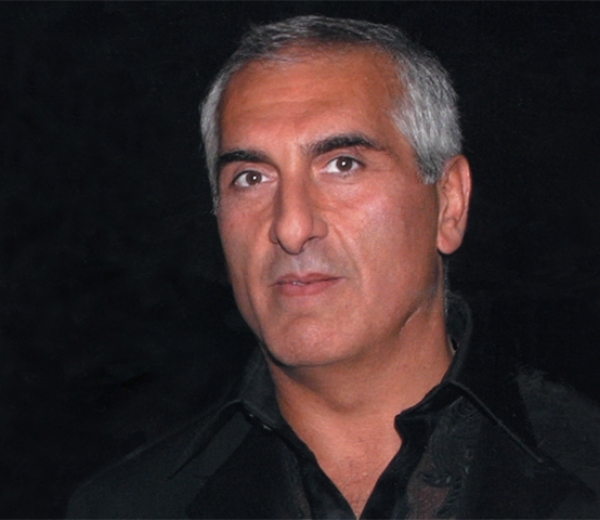Hratch Kaprielian
Hratch’s family legacy both urges him on and wears him down. He is no armchair academic: he seems impulsive and ready to fight, a man of deeds and not words. His first name means “fire eye” – a heathen omen that allows deep insight into the man’s soul.
But the proverbial rough diamond is just one side of him. A man of profound and constant reflection, he is driven by questions of right and wrong, responsibility and compassion. The epitome of a self-made man, he could simply lean back and rest on his laurels. Yet he continues to seek truth and understanding.
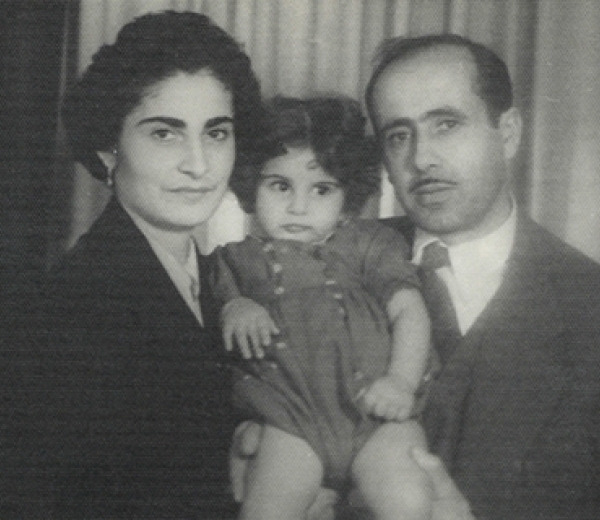
|
Little Hratch with his parents, mid-1950s |
“When I was 23, I set up my own business. I started as a diamond setter, but soon began designing and crafting my own jewelry. By the time I was 30, I had made my first million,” he says.
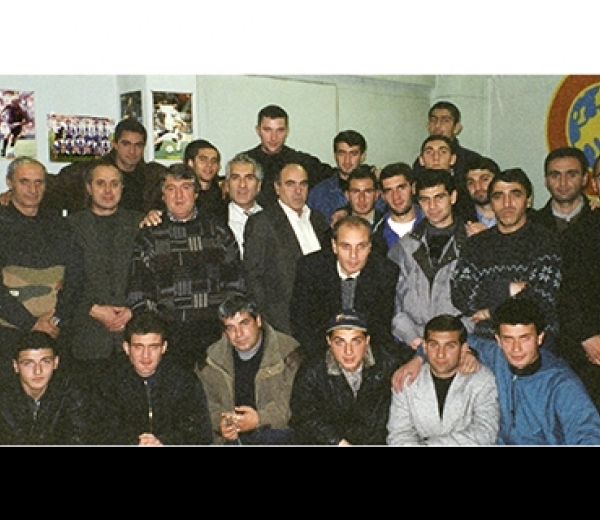
|
Hratch Kaprielian (fifth from the left) with the players and coaches of FC Ararat Yerevan |
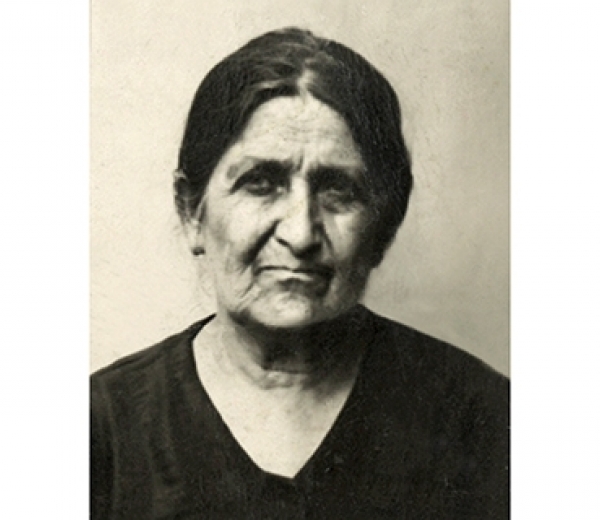
|
Hratch’s grandmother Gulisar in the 1960s |
The following morning the henchmen came to the village and abducted 17 male family members to shoot them in a coal pit – a fate they shared with all other Armenian men. The only one to survive was 13-year-old Minas, who had to witness the atrocities.
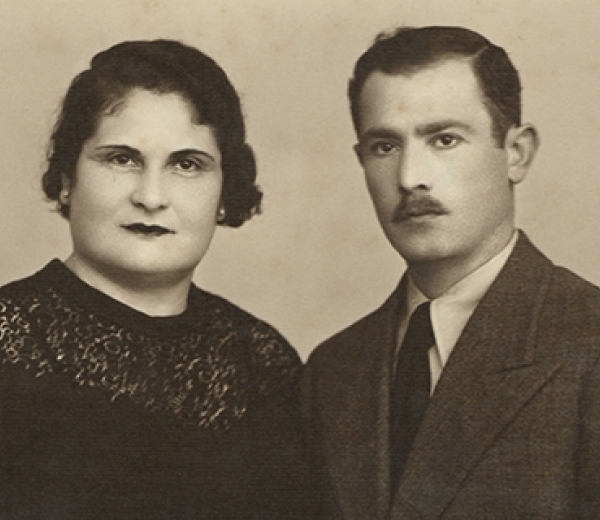
|
Agavni und Jirayr Kaprielian, Hratch’s maternal grandparents |
Day after day, Gulisar would pass bits and pieces of this long, epic tale to Hratch. There was an unspoken understanding: she expected him to avenge the atrocious crimes. “It was like being brainwashed,” Hratch admits today. “But it’s to her that I owe my Armenian identity.”
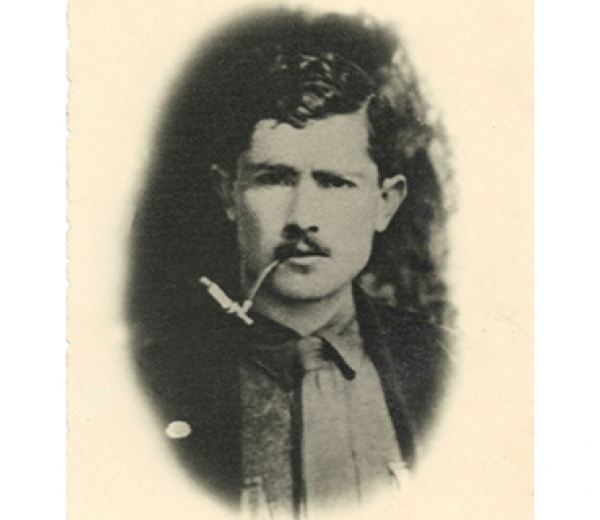
|
Hratch’s grandfather Jirayr |
